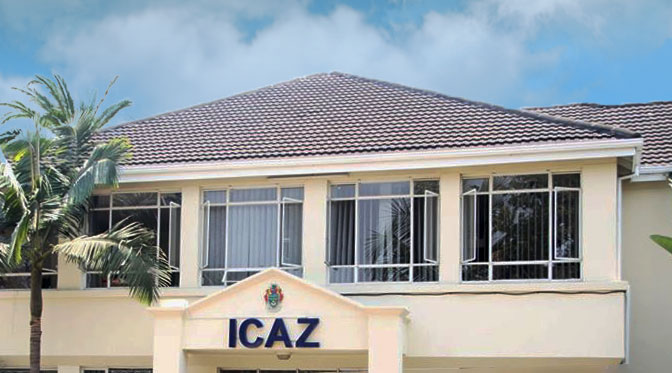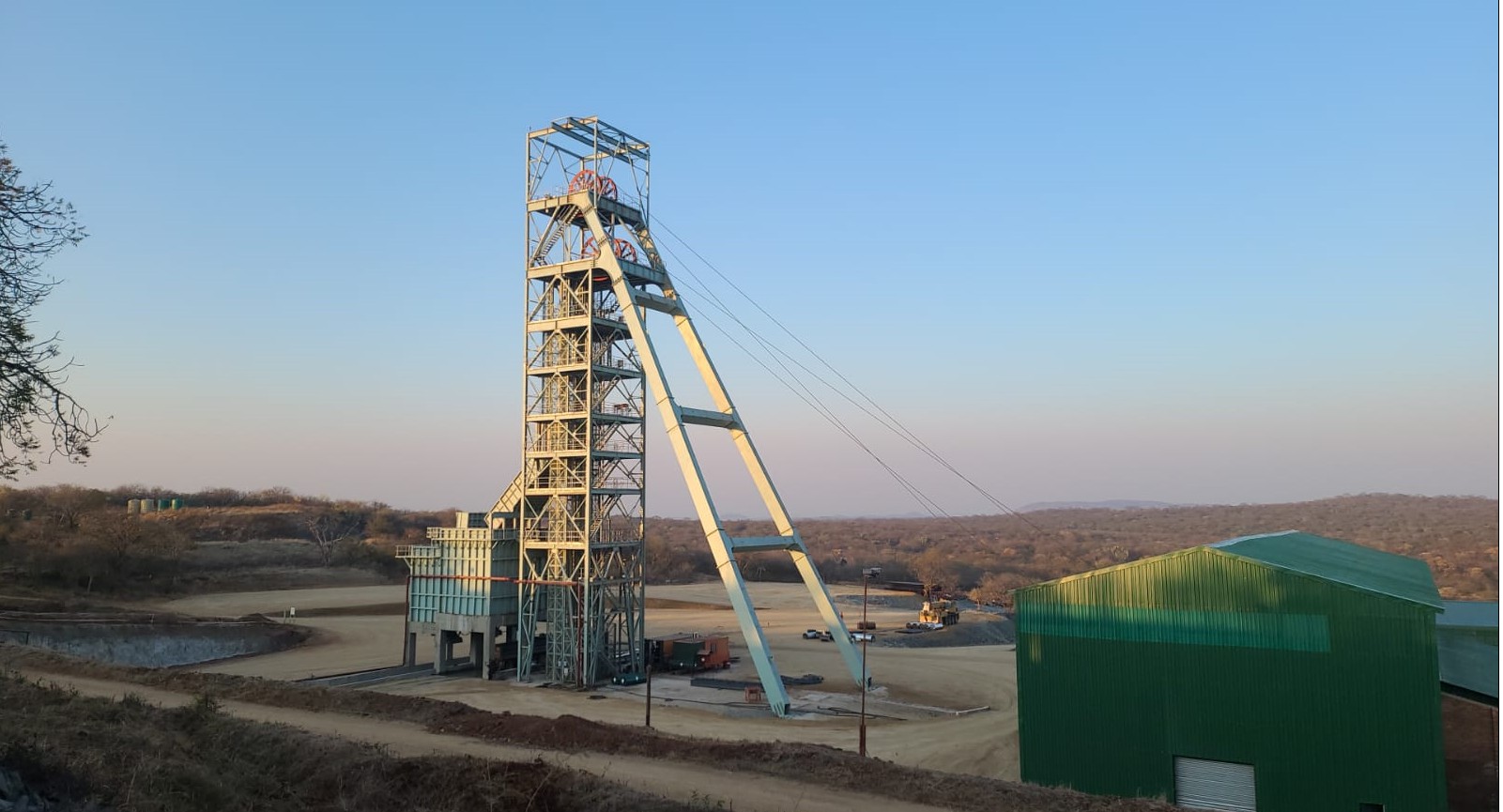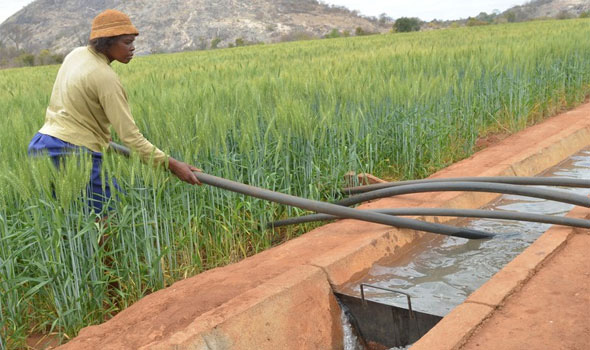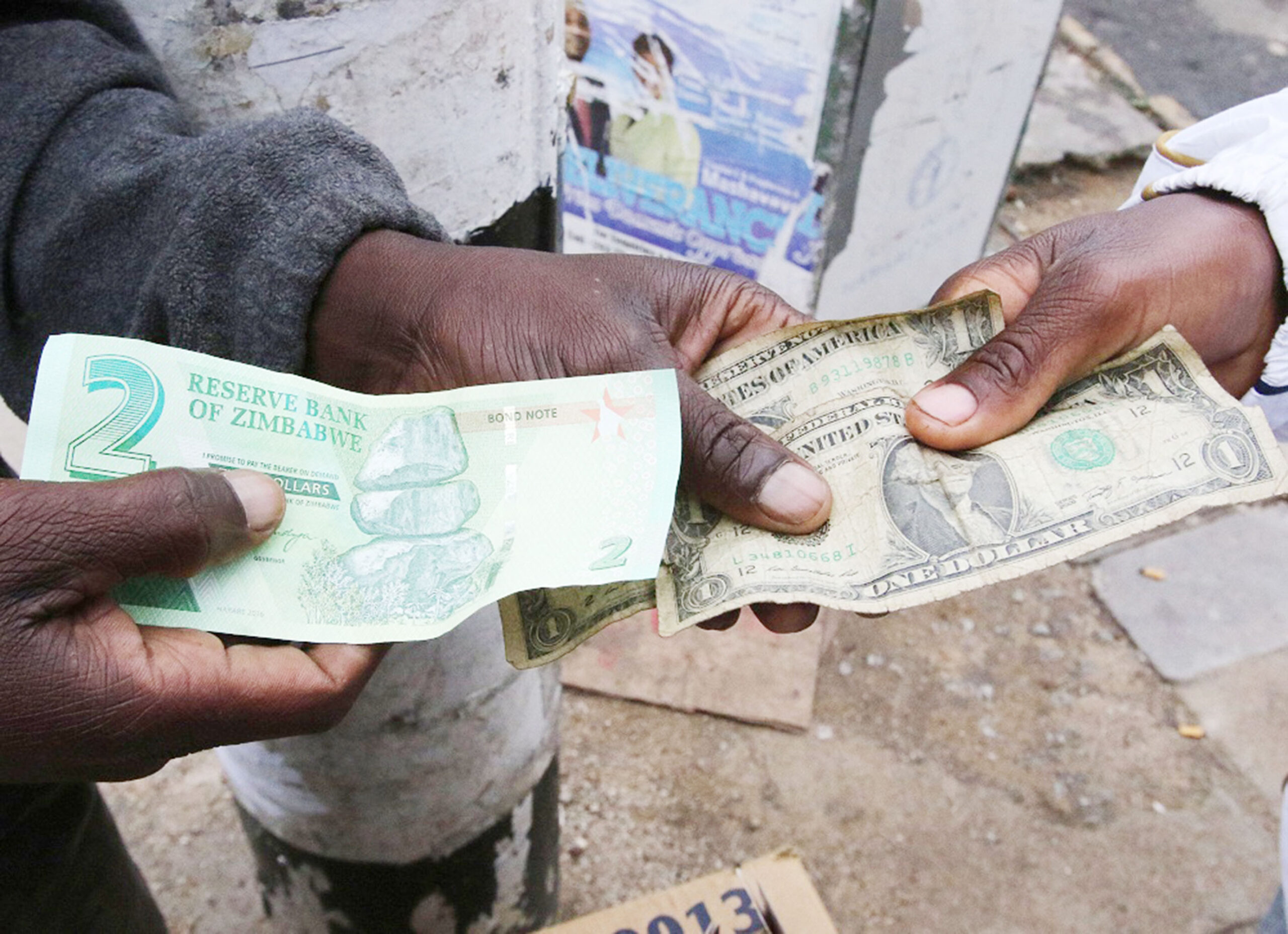Zimdollar liquidity squeeze to improve post-elections
The Reserve Bank of Zimbabwe (RBZ) appears to be more resolute to maintain a deliberate squeeze on Zimbabwe dollar liquidity, but experts contend it cannot be a permanent feature in any economy that seeks to grow; therefore, post-election, that will be loosened to ensure the economy grows.
The squeeze on Zim dollar liquidity meant to curb currency volatility and inflation, has been achieved through high interest rates, open-market operations and relatively higher statutory reserves.
This can also be reflected through foreign currency-denominated loans, which, according to the Central Bank, constituted 94 percent of local banks’ aggregate lending as of June 30, 2023.
In Zim dollar terms, the banking sector’s aggregate loans and advances were at $10,19 trillion, as the domestic unit lost ground against the US dollar.
However, analysts who spoke to Business Weekly said current liquidity in the market subdues business activities and cash flows.
Enock Rukarwa, an investment analyst, said in the short to medium term, a contractionary stance is an alluring narrative in anchoring the major economic headwinds, which are inflationary pressures and exchange rate volatility.
“Tight liquidity conditions constrain optimal aggregate investment and healthy economic growth, but as a tactical strategy, it is a better option for creating an enabling environment and restoring macroeconomic credibility in the country,” he said.
Zimbabwe holds elections on August 23, 2023, and according to FBC Securities, the local economic stability remains fragile, and without careful liquidity management, an increased money supply may have a destabilising effect on the economy in the second half of the year.
“Macroeconomic stability is expected on account of bold interventions to close all sources of excess liquidity, a favourable global economic environment, stronger financial regulation, as well as the enforcement of the value for money principle in Government contracts.
“Focus should be on consolidating the stability achieved so far by maintaining tight fiscal and monetary policies while implementing measures to restore aggregate demand,” it said.
According to the RBZ, it has held the benchmark interest rate to give time for the instituted measures to have their full effect on the dual currency economy in light of the recent positive developments in inflation and exchange rates.
In June this year, the RBZ raised its policy interest rate from 140 percent to 150 percent per annum in an effort to tame inflation.
The apex bank also increased the medium-term bank accommodation interest rate from 70 percent to 75 percent per year.
Victor Bhoroma, an economist, said the current liquidity in the market is not sustainable because it was arrived at in a situation where the Government has stopped paying contractors and not paying cotton farmers, some of whom delivered their products about eight months ago.
“It has also been achieved by limiting non-core public services that have to be procured through the Government.
“If you look at what is happening within the education sector, the police, the health sector, and social services, there has been no funding. That means it will not be sustainable for the Government to maintain such a stance where they forego various public services in order to achieve short-term political goals,” he said.
He said there should be a situation where there is fiscal discipline in the Government to ensure the expenditure falls below the taxable revenues so that the Government does not need to borrow locally or in foreign markets in order to meet non-core expenditures.
He added that at RBZ, they should ensure positive interest rates, ensure money supply growth in line with economic growth, and avoid quasi-fiscal operations or paralegal Government funding by the bank.
However, Bhoroma said the Government will not be changing its current monetary policy stance in the next two to six months.
“They now know how corrosive unchecked money supply growth has on inflation and the exchange rate, so I suppose the next two months’ eyes are on the ball to ensure stability even on prices. Therefore, soon after elections, the Government of the day will not prioritise a shift in the tight monetary policy stance,” he said.
According to Vince Musewe, another economist, a liquidity squeeze is not good for the economy as it subdues business activities and cash flows.
He said that although the upside is that it has managed to stabilise exchange rates and inflation, it cannot be a permanent feature in any economy that seeks to grow.
“Therefore, I suspect the purse will be loosened post-election to ensure the economy grows,” he said.
Brick manufacturing company, Willdale Limited, in its recent trading update, said the business model remains viable and is generating sufficient resources to support operations in the future. However, the tight monetary measures implemented to stabilise the economy will affect cash flow generation and operations.
“The tight liquidity conditions will heighten competitiveness in the market. However, it is expected that the liquidity situation will improve post-general elections,” the company said.-ebusinessweekly










